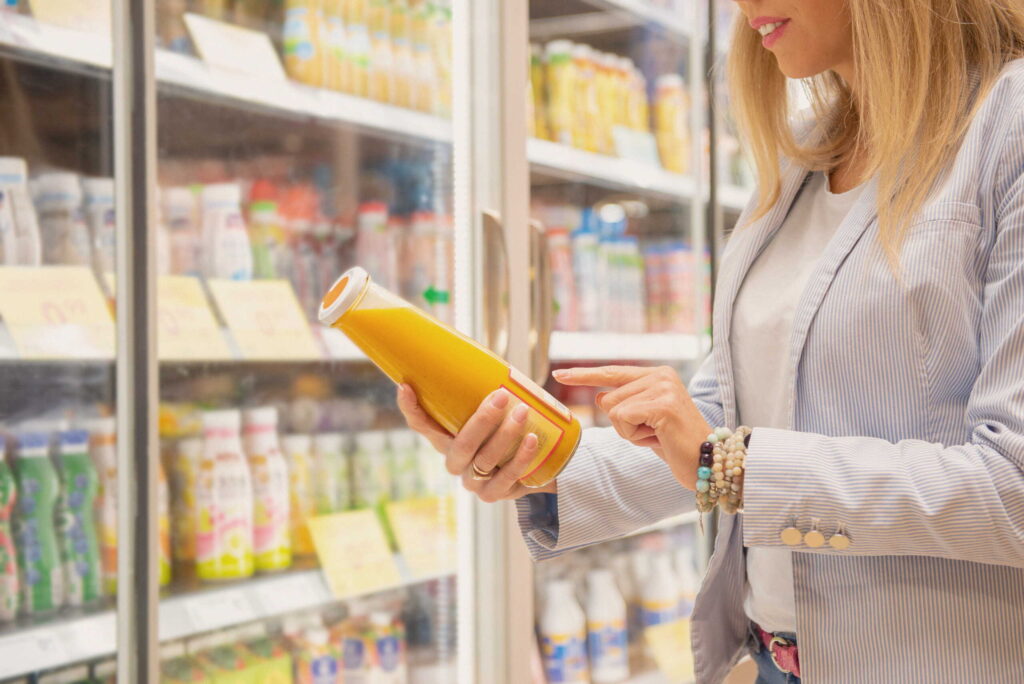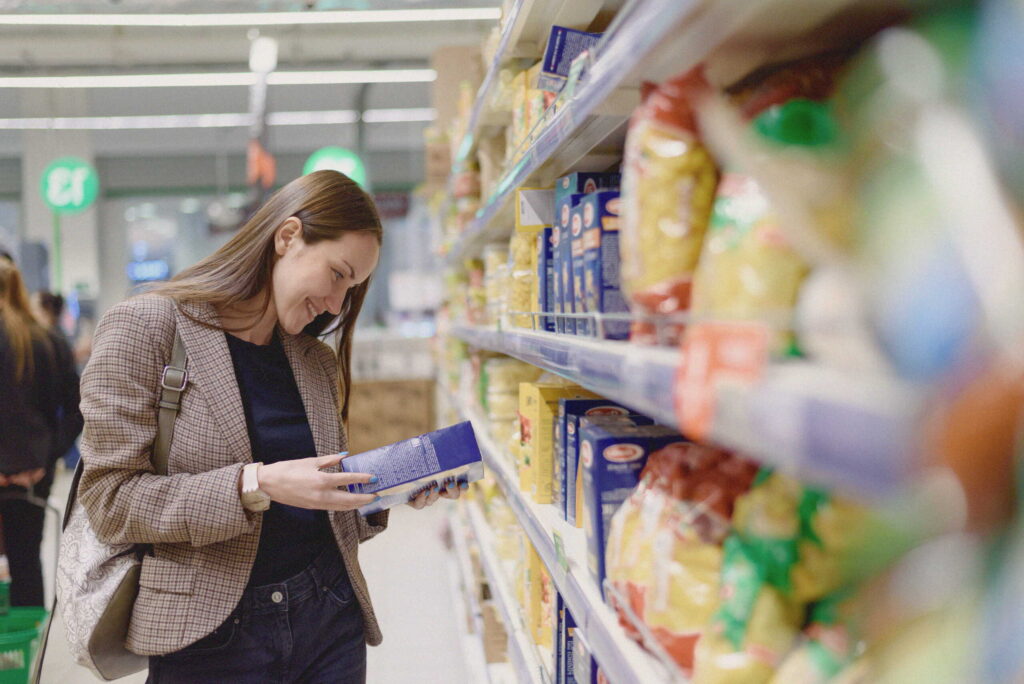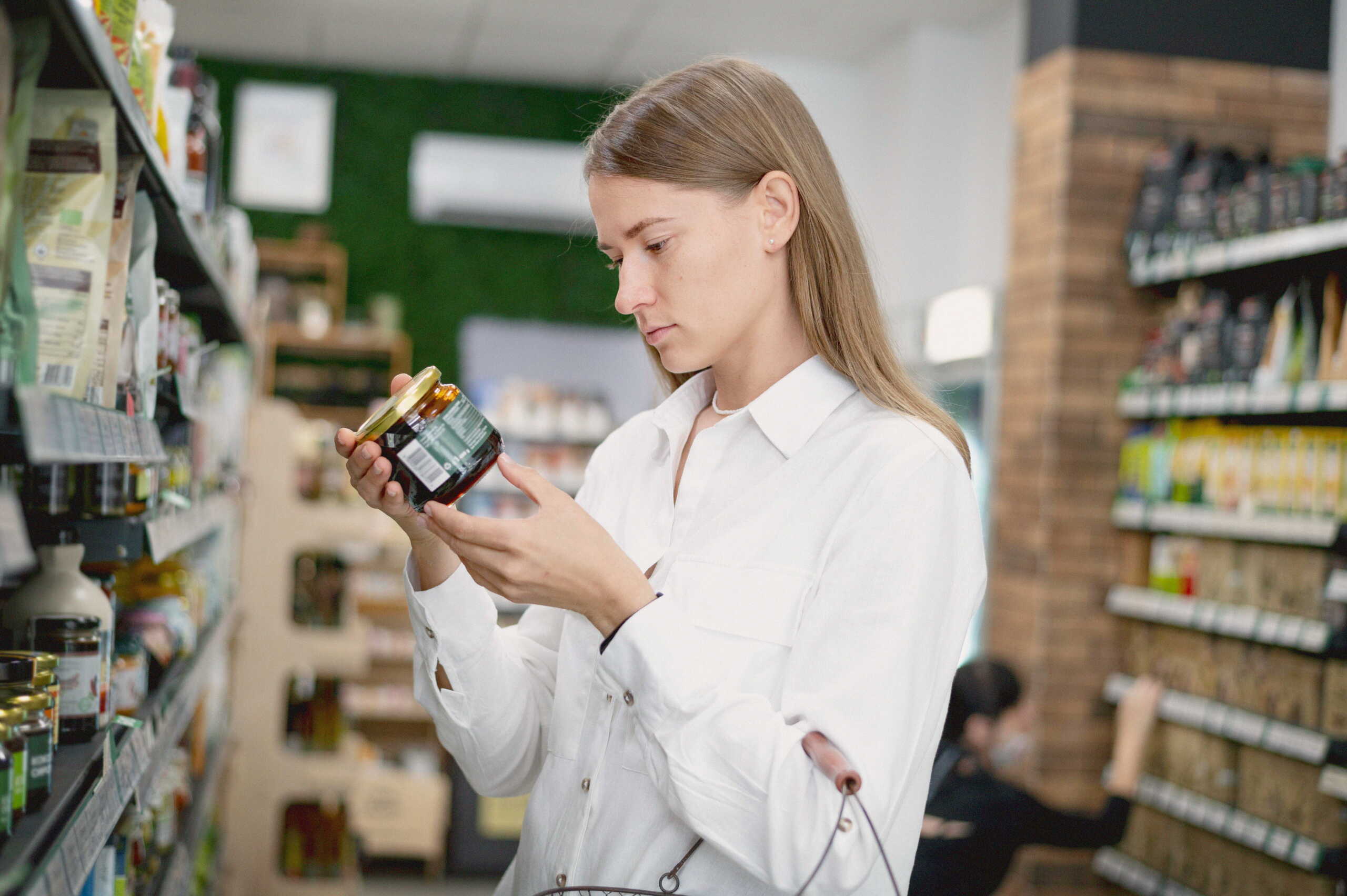Excessive intake of sodium can lead to high levels of sodium in urine, which is associated with health risks such as hypertension and cardiovascular diseases.
A practical method to regulate sodium intake is carefully checking the sodium content of processed and packaged foods.
This article will explore the correlation between high sodium levels in urine and the importance of reading nutrition labels, emphasizing the significance of comprehending and monitoring sodium content for a healthier lifestyle.
The Connection Between Sodium and Urine
Sodium is a vital electrolyte in the human body that plays a crucial role in maintaining fluid balance and supporting nerve and muscle function.
However, excessive sodium consumption can lead to an imbalance in the body’s sodium regulation, resulting in high levels of sodium in urine.
This condition can lead to several health issues, including hypertension, fluid retention, and kidney strain.
High blood pressure, which is a significant risk factor for cardiovascular diseases, can also be caused by elevated sodium levels.
Additionally, consuming too much sodium can result in bloating and swelling, leading to fluid retention.
The kidneys play a crucial role in regulating sodium balance, and high sodium levels can strain them, leading to kidney-related issues.
It is, therefore, essential to consume sodium in moderation to avoid these health complications.

The Role of Packaged and Processed Foods
Many packaged and processed foods contain a lot of salt because it’s added for flavor and preservation during processing.
It can make them unhealthy due to their high amount of sodium.
Familiar sources of hidden sodium in packaged foods include:
- Canned Soups: Many canned soups are high in sodium to enhance flavor and extend shelf life.
- Frozen Meals: Frozen dinners and pre-packaged meals often contain elevated sodium levels for taste and preservation.
- Snack Foods: Chips, pretzels, and other snacks can be loaded with sodium to enhance their taste.
- Condiments and Sauces: Ketchup, soy sauce, and salad dressings can contribute significant amounts of sodium to your diet.
- Bakery Items: Baked goods like bread and pastries may contain added salt for taste and texture.
Reading Nutrition Labels
Reading nutrition labels when buying packaged and processed foods is essential for managing sodium intake effectively.
Understanding the information on these labels empowers individuals to make informed choices and work toward a healthier lifestyle.
- Serving Size: Pay attention to the serving size listed on the label. The sodium content is often based on a specific serving size, and consuming more than the suggested portion will increase your sodium intake.
- Daily Value (%DV): The percent daily value indicates how much a nutrient in a serving of food contributes to a daily diet. Aim for foods with lower percentages of the daily value for sodium.
- Ingredients List: Check the ingredients list for terms synonymous with sodium, such as sodium chloride, monosodium glutamate (MSG), sodium bicarbonate, and sodium nitrate.
- You are comparing Products: When shopping, compare different brands and varieties of the same food item. Choose options with lower sodium content.

The Impact of Sodium on Health
It’s not just a matter of having too much salt in our urine.
Consuming too much sodium can cause a variety of health problems.
Knowing this highlights the importance of making informed choices about what we eat.
We need to be mindful of sodium’s impact on our health.
- High blood pressure and cardiovascular disease: A substantial contributor to hypertension is a high intake of sodium, which in turn raises the risk of heart disease and stroke.
- Kidney damage: The kidneys can become strained due to prolonged high sodium consumption, leading to impaired function and kidney damage.
- Fluid retention: The accumulation of excessive sodium in the body can result in fluid retention, causing swelling or edema in different body parts.
- Bone health: Several studies suggest that there may be a link between high sodium intake and increased calcium excretion, which could have an impact on bone health.
Tips for Managing Sodium Intake
Try adding practical strategies to your daily routine and reading nutrition labels to manage your sodium intake effectively.
Keep it simple and easy by making small changes that work for you.
- Cook at Home: Prepare meals at home using fresh ingredients. It allows you to control the amount of salt added to your dishes.
- Use Herbs and Spices: Flavor your food with herbs, spices, and other seasonings instead of relying on salt for taste.
- Choose Fresh Produce: Opt for fresh fruits and vegetables, which are naturally low in sodium.
- Rinse Canned Goods: If using canned vegetables or beans, rinse them under cold water to reduce sodium content.
- Drink Water: Staying hydrated with water helps flush excess sodium from the body.
References
Disclaimer
- It is intended for general informational purposes only: The information provided on BioKissed’s website and app, including but not limited to business opportunities, nutrition tips, healthy lifestyle tips, healthy lifestyle practice articles, nourishing recipes, and wellness articles (hereinafter collectively referred to as „Content“), is intended for general informational purposes only. The Content is not intended to be a substitute for professional business advice, medical advice, diagnosis, or treatment.
- It is solely at your own risk: BioKissed does not recommend or endorse any specific tests, physicians, products, procedures, opinions, or other information that may be mentioned on the website or app. Reliance on any information provided by BioKissed, its employees, contracted writers, or others appearing on the website or app at the invitation of BioKissed is solely at your own risk.
- BioKissed does not endorse or approve any views in the Content: BioKissed does not guarantee the accuracy, completeness, or usefulness of any Content, nor does it endorse any views expressed within the Content. The inclusion of any Content on BioKissed’s website or app does not imply endorsement or approval of such Content.
- You voluntarily assume all such risks: Before participating in any challenge, making significant lifestyle modifications, altering your dietary practices, or engaging in any related activities, it is advisable to assess your personal health and fitness levels. BioKissed expressly disclaims responsibility for the substances individuals choose to consume, and the company is not liable for any consequences, including those related to food allergies, resulting from such choices. By choosing to participate in any challenge, you acknowledge and agree that any such activities carry inherent risks, and you voluntarily assume all such risks, even if they arise from the negligence of BioKissed, its affiliates, or its members.
- BioKissed and its content providers disclaim any responsibility or liability for consequences: BioKissed and its content providers assume no responsibility or liability for any consequence relating directly or indirectly to any action or inaction you take based on the information found on or through BioKissed’s website or app.
- Read more
